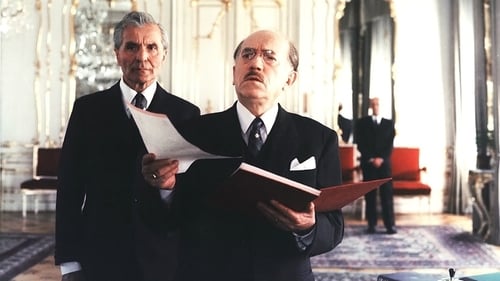
This feature film based on the events of 1938 is a chronicle of the futile efforts of the Czechoslovak president Edvard Benes (Jirí Pleskot), politicians and ordinary citizens, to save the independence and the territorial integrity of the state from the advance of Hitler's Germany. On the 29th of March 1938 the leader of the Sudeten Germans Henlein (Werner Ehrlicher) has a meeting with Hitler (Gunnar Möller). Hitler orders him to intensify pressure on the Czechoslovak government. On the 24th of April in Carlsbad, the Sudetendeutsche Partei (Sudeten German Party) decides upon eight demands that are unacceptable to the Czechoslovak President, since they would ultimately lead to the break-up of the Republic. Benes still shows a certain willingness to negotiate, and Henlein resents this. The Germans are determined to make further negotiations impossible through incidents and violence.
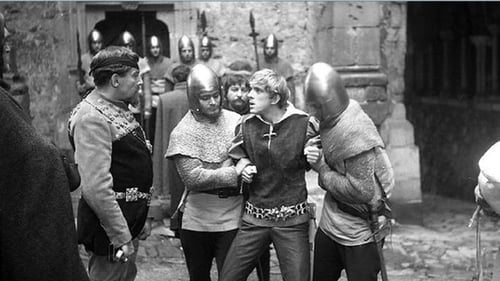
The young Prince Charles (Jaromír Hanzlík), the future King of his country Charles IV, is being educated at the French court in the company of his fiancée Blanche (Daniela Kolárová). One day he receives a summons from his father John of Luxembourg (Milos Kopecký) in Italy. He leaves for Italy accompanied by a deputation from Bohemia. On the way the prince's company fights a battle with armed Milanese against heavy odds. Thanks to Charles's perspicacity, the prince's almost naked soldiers win through. In Lucca in Italy Charles joins his father, and here he experiences an amorous adventure and escapes from the traps laid by the Italian rebels.

It is 5 May 1945 and the uprising against the hated German occupiers has broken out in Prague. The Czech guards open the gate of the Pankrác prison to allow the prisoners to escape en masse. Many of them are shot dead by the German guards but young Ruda (Jaromír Hanzlík) manages to run away. He is taken care of by one of the Prague fighters, concierge Kytka. Kytka hides him in the flat of the house's owner where only the young maid Karla (Jana Brejchová) is left, ordering her to take care of Ruda.

Eight-year old Dominique has a name-day. Her parents have a gift for her, but only give it to her in the evening, when everybody has come home from work. Then she darts out, where her girlfriends are already waiting for her.

At a village railway station in occupied Czechoslovakia, a bumbling dispatcher’s apprentice longs to liberate himself from his virginity. Oblivious to the war and the resistance that surrounds him, this young man embarks on a journey of sexual awakening and self-discovery, encountering a universe of frustration, eroticism, and adventure within his sleepy backwater depot.

A man returns to his native village in search of renewed faith and his old girlfriend. But she, now a middleaged woman, does not recognise him and he goes home, more disillusioned than ever.

Seven days, or rather evenings and nights, in the life of Jenka (Stanislava Bartosová), a young good-looking nurse. Jenka is attractive to men and enjoys their company, but there is a limit beyond which she won't go, since she is faithful to her Filip, who is doing his military service. On Sunday the girl awaits Filip to arrive on a short period of leave, but instead his friend Míla (Frantisek Nemec) turns up and apologizes for Filip, who has to stay in the barracks.

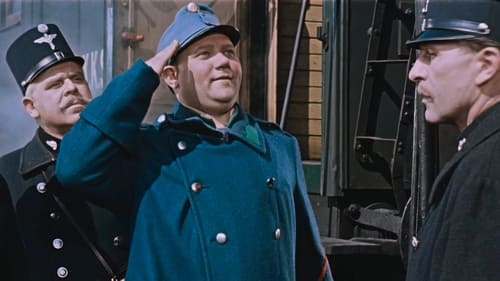
Head of the station in the camp
A comedy based on the novel of Jaroslav Hašek's The Good Soldier Svejk happens during the World War I. I Dutifully Report: In the introduction to the second part of the film adaptation of Hašek's novel The Good Soldier Švějk presents his main character Josef Švejk. With the distinctive traditional Czech cartoon character of a soldier Svejk, this time you meet on the way to the front and eventually right in the firing line. You can look at his famous train events, and also probably the most famous episode of the novel, Švejk's Budějovice anabasis. Don't miss the scene with the secretly bought cognac, the episode with Svejk as a fake Russian prisoner of war, including the court scene, and the scene in which lieutenant Dub is caught in a brothel. Despite the criticism, Steklý's adaptation is undoubtedly the most famous and memorable at present.

burgher
After the battle of Sudoměř the Hussite teaching spreads through the whole country and people start leaving their homes to help build the fortification of Tábor. Prague citizens request help against the army of Zikmund. The Hussite army with Jan Žižka in the lead make their way towards Prague. They fortify themselves on the mountain Vítkov and engage in a bloody battle with Zikmund’s huge army.

Good-natured and garrulous, Švejk becomes the Austrian army's most loyal Czech soldier when he is called up on the outbreak of World War I -- although his bumbling attempts to get to the front serve only to prevent him from reaching it. Playing cards and getting drunk, he uses all his cunning and genial subterfuge to deal with the police, clergy, and officers who chivy him toward battle.

SS member with backpack

general

Alderman
The second part of the revolutionary Hussite trilogy takes place in the years 1419-1420.

Alderman
Jan Hus is a 1954 Czechoslovak film directed by Otakar Vávra. It is the first part of the "Hussite Revolutionary Trilogy", one of the most famous works of the Czechoslovak director, completed with Jan Žižka (1955) and Proti všem (Against All Odds, 1957).

Meissner
The movie describes proletarian life in the Czech Lands after World War I.

Starosta

butcher Dundr
Czech drama film.
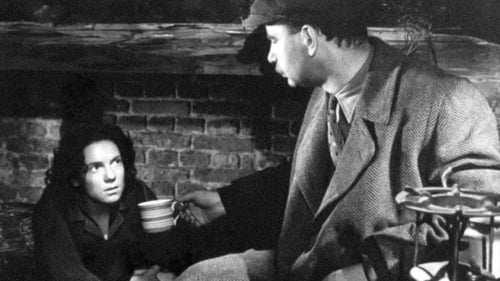
Závodní stráz
The Trap (Czech: Past) is a 1950 Czech drama film directed by Martin Frič. It was entered into the 1951 Cannes Film Festival.

Baumgart

žadatel o byt

Poradatel
Year of the Revolution 1848

Cold War Spy FIlm
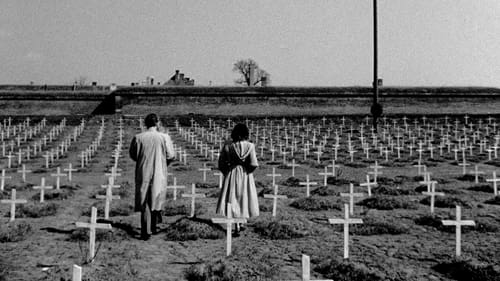
Gestapo Agent (uncredited)
Prague, during World War II. Hana Kaufmann, a Jewish ophthalmologist, marries Dr. Antonín Bureš, a Christian man. When her family is sent to the Theresienstadt concentration camp, their romance turns into a struggle for survival.

A fiction piece centered around the Czech resistance to the Nazis.

This is a romantic story about a brave, self-made girl, despised daughter of a shepherd. She is not afraid of anything - neither night nor swimming. But the superstitious villagers are telling weird stories about her and about all sorts of strange things, even her conjunction with the powers of hell.

Grammar school teacher Bláha hurts himself in pursuit of a red lizard, and is lying unconscious in the lonely house of Santrucek family. The postman, who found Bláha's coat and hat in the water, announces to everyone in town that the professor has drowned. But, the venerable citizens are at that moment more interested in the theatre group with the beautiful guest actress Eva Gazdová. They demand a change of repertoire and manage to persuade the theatre manager to have the group play the musical comedy The Red Lizard instead of an established play.

Wild Beasts
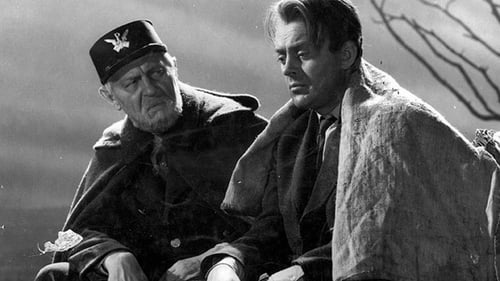
Based on the novel by Karel Capek, the prominent Czech writer of the early 20th century who coined the word robot for his play R.U.R., the story revolves around a discovery of Krakatit - a powerful explosive - by Prokop, an experimental scientist who, following an accidental explosion in his lab, slips in and out of delirium. When he realises that, in a delirious period, he has given the formula for making Krakatit to one of his colleagues, he tries to find the man, who does not realize how dangerous a thing Krakatit is. In the process, he nearly gives his discovery away again to foreign interests, a group of anarchists, and even greater forces of darkness...

Five crime stories connected by the narration of police superintendent Bartosek.
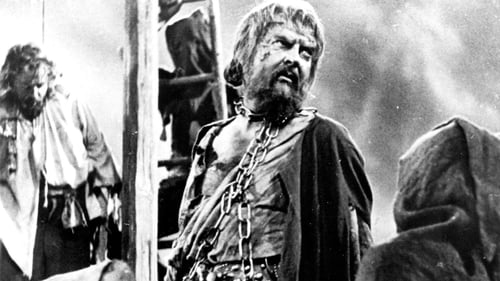
měšťan
Czech history movie.

At the end of the First World War, Nikola Shuhai and his friend from the army desert. On the way home, to the village of Kolochava, they both find refuge with baby Jaga. Jaga mixes them a drink to protect them from the deadly bullets. The bachelors must promise to marry her daughters in exchange for a drink, or they will be punished. Nikola finds his home village in poverty. He stands against the powerful and the rich, and they turn the gendarmes against him. Nikola hides from them in the woods, where he will remain even after the end of the war, because nothing has changed for the villagers. Out of poverty and hopelessness, other men join Nikola and together they raid the wealthy. Nikola distributes the obtained booty to the poor and needy, who see him as their protector and hero.


I. gestapák
After an attack against the guard of the Third Reich, Nazi repression intensifies, and the Czechoslovakian resistance's organized sabotage in an aircraft factory leads to Gestapo shootings.

Shown in Cannes 1946.
















